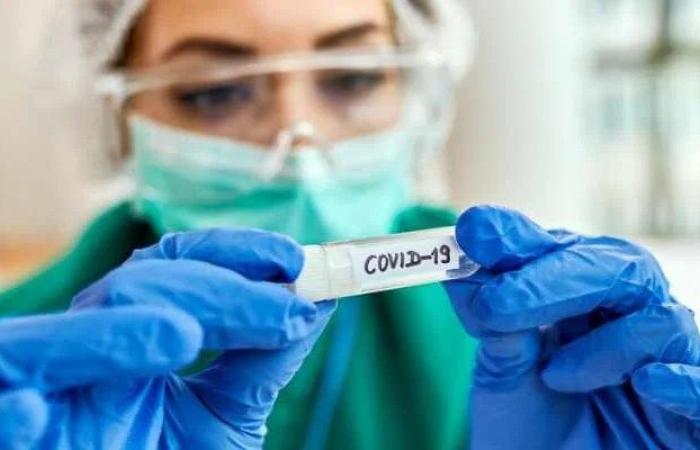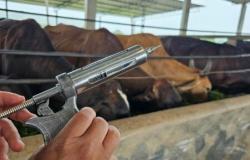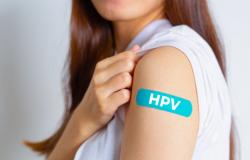
3
Recife, Caruaru, Santa Talhada and Petrolina are among the cities selected to participate in the second phase of the national study that aims to assess the impact of Covid-19 on the population’s health. Epicovid 2.0: National survey to assess the real dimension of the COVID-19 pandemic in Brazil’ commissioned to the Federal University of Pelotas (UFPel) by the Ministry of Health, will be carried out through home visits, throughout the month of March. Across Brazil, 33,250 people who had Covid-19 will be interviewed in 133 municipalities. In Pernambuco, 250 people from each of the four municipalities will be interviewed, a total of a thousand people from Pernambuco. Launched this week, the research aims to gather accurate data on the consequences of Covid-19, called long Covid, to guide the creation of public policies.
“Epicovid 2.0 is part of the work to strengthen Covid-19 monitoring, which the Ministry of Health has been carrying out since May 2023”, explains the Secretary of Health and Environmental Surveillance (SVSA), Ethel Maciel. According to the secretary, the World Health Organization (WHO) estimates that 20% of people, regardless of the severity of the disease, develop post-covid conditions. In this sense, according to her, it is necessary to investigate data relating to Brazil to expand services, such as neurological care, physiotherapy and mental health assistance.
According to epidemiologist Pedro Hallal, who will coordinate the study, the expectation is that the data collection period will last between 15 and 20 days. “Epicovid 2.0 is a new phase of the study that began in 2020. Although we are no longer under a serious pandemic like we had, the virus continues in society and its effects on people’s lives as well. This is now our target, to understand the impact of the disease on the lives of Brazilian people and families”, he explains.
Epicovid 2.0 dynamics
The research will use information from 250 citizens from each of the municipalities that have already taken part in the four previous rounds of scientific work, in 2020 and 2021. To do this, teams of interviewers will visit homes to listen to residents about issues centered on points such as: vaccination , history of coronavirus infection, long-lasting symptoms and the effects of the disease on daily life.
All participants will be selected randomly, by draw. Only one person per household will respond to the questionnaire. Hallal clarifies that, unlike the first stages of the research, in the current one there will not be any type of blood collection or other Covid test.
In addition to the Ministry of Health and UFPel, the Catholic University of Pelotas (UCPel), Federal University of Health Sciences of Porto Alegre (UFCSPA), Fundação Oswaldo Cruz (Fiocruz) and Fundação Getúlio Vargas (FGV) are directly involved in the study.
Identified interviewers
All interviews will be carried out by the company LGA Assessoria Empresarial, hired by the Ministry of Health for the task after presenting the best proposal in an electronic auction. The professionals who will make direct contact with residents to collect data have received training and will be properly identified with company badges and white vests with the brands of UFPel, Fundação Delfim Mendes Silveira (FDMS) and LGA.
To assist with the process of publicizing and clarifying the population, the city halls of the 133 cities involved in the study were notified of the work – through their municipal health departments – and participated in an online meeting with Pedro Hallal and members of the Ministry of Health. The guideline is that, in case of doubts, residents should contact their city hall.
The LGA company can also be contacted via telephones (31) 3335-1777 and (31) 99351-2430. Information about Epicovid 2.0 is also available on the websites of the Ministry of Health and the Federal University of Pelotas.
First phases of the study
Between 2020 and 2021, Epicovid-19 served to paint a picture of the pandemic that helped scientists and public health authorities better understand the effects and spread of the coronavirus in the country. Among the main conclusions, the study pointed out that the number of people infected at that time was three times greater than official data, with the poorest 20% having twice the risk of infection compared to the richest 20% of Brazilians.
With information: Ministry of Health
Tags: National research evaluate consequences covid19 Petrolina cities Pernambuco
--




